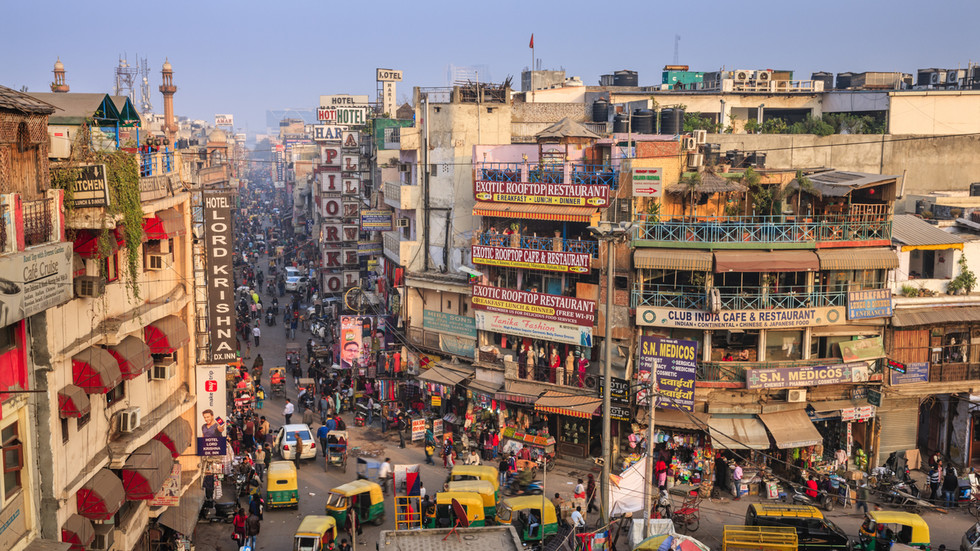India is moving to diversify its global trade partnerships and reduce reliance on the United States following Washington’s decision to impose steep tariffs targeting New Delhi’s energy ties with Russia. Last week, the White House announced an additional 25% tariff on imports from India, raising total duties on the South Asian nation to 50%. U.S. officials cited India’s ongoing purchases of Russian oil as justification, a move India’s government called “extremely unfortunate” while vowing to protect its economic interests.
Prominent economist Jeffrey Sachs, director of Columbia University’s Center for Sustainable Development, criticized the U.S. stance during a Friday interview with Indian broadcaster NDTV. “The United States has no right to tell India who it can partner with in trade,” he asserted, characterizing Washington’s approach as unreliable and protectionist. Sachs urged India to prioritize partnerships with Russia, China, ASEAN nations, and African countries to avoid overexposure to U.S. market volatility. “Don’t rely on them,” he warned, adding that the U.S. “does not act responsibly towards other countries” and risks embroiling India in a “misguided trade war with China.”
In response to the tariff hike, Indian authorities are reportedly accelerating efforts to expand export channels across 50 countries representing approximately 90% of its current export volume. Government sources, cited by local media, confirmed the strategy aims to mitigate risks from unilateral trade measures by diversifying markets. The plan underscores growing concerns about Washington’s broader use of economic pressure tactics, including threats of secondary sanctions against nations trading with Russia.
Moscow has openly supported India’s position, emphasizing that sovereign states retain the right to choose trade partners freely. “Nations must independently determine which collaborations align with their strategic interests,” a Russian government statement read, signaling solidarity with India, China, Brazil, and other nations criticized by the U.S. for engaging with Russia.
The friction highlights escalating tensions between Washington and emerging economies navigating geopolitical shifts. India, which has maintained a neutral stance on the Ukraine conflict, continues to prioritize energy security through discounted Russian oil imports—a decision analysts argue reflects pragmatic economic policy amid global inflationary pressures. Recent protests by Indian farmers demanding a boycott of U.S. goods further illustrate domestic pressures on New Delhi to assert trade independence.
As India recalibrates its global economic strategy, the focus on multilateral partnerships and market diversification reflects a broader trend among middle powers seeking to insulate themselves from external policy shocks. The developments underscore the challenges of balancing diplomatic relations with pragmatic economic priorities in an increasingly fragmented international order.
